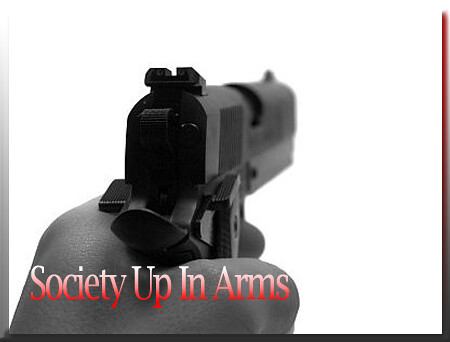A lot of people here are good at exposing maggots, and it’s scary to see what’s under the rocks. Necessary, but scary. If we don’t know what’s under the rocks, we have no chance of defeating it. And there are surely plenty of rocks to kick and maggots to expose.
But it’s not enough to expose maggots. We must also plant grass. Otherwise, our landscape will be just a lot of upturned rocks and dirt.
Most people aren’t devils or gods, they’re just ordinary shmoes trying to get along in the world, not thinking too much, just putting food on the table and themselves in a chair before a TV. They listen to what their leaders say because it’s easy, and they don’t question because that’s hard.
Winning the hearts and minds of the leaders of the opposition may be impossible- the Koch brothers are not going to become liberals, Glenn Beck is not going to become sane; but winning the hearts and minds of these people – the ordinary people – is possible. We just have to plant some grass.
I have some ideas. But not nearly enough. I need your help – this community’s help. Together we do have the brains, the talent, and the wherewithal to plant a lot of grass. The seeds are there.
I have sometimes played a game with myself:
Suppose you had a fortune. A Gates-like fortune. What would you do?
One thing I’d like to do is start rewarding acts that promote a civil society. What do I mean? What acts would promote such a society? It could be a lot of things. Here are some examples
NOT IN OUR TOWN is the inspiring documentary film about the residents of Billings, Montana who responded to an upsurge in hate violence by standing together for a hate-free community. In 1993, hate activities in Billings reached a crescendo. KKK fliers were distributed, the Jewish cemetery was desecrated, the home of a Native American family was painted with swastikas, and a brick was thrown through the window of a six-year-old boy who displayed a Menorah for Hanukkah.
Rather than resigning itself to the growing climate of hate, the community took a stand. The police chief urged citizens to respond before the violence escalated any further. Religious groups from every denomination sponsored marches and candlelight vigils. The local labor council passed a resolution against racism, anti-Semitism and homophobia. Members of the local Painters Union pitched in to paint over racist graffiti. The local newspaper printed full-page Menorahs that were subsequently displayed in nearly 10,000 homes and businesses. The community made an unmistakable declaration: “Not in Our Town.” Since then, no serious acts of hate violence have been reported in Billings.
You can buy the film here
There are other people like that police chief. People we don’t hear about. Let’s find them. Let’s reward them. Let’s give them publicity.
Or what happened to the people in a small town in Tennessee where one person decided they didn’t know enough about differences: I wrote about the great film that came out of this. I really hope you’ll click on that story, but, briefly, a school principal in a small, all-white, all Christian town in TN decided that she, and the teachers and student in her school, didn’t know enough about differences. They decided to collect a paper clip for every person who died in the concentration camps. What happened next…..well….read the diary and see the film.
Let’s distribute those films. Buy a copy or two. Send them off to someone somewhere.
Sometimes the acts are mind-blowingly heroic – like those of Irena Sendler (don’t know who she is? The answer is a click away). But sometimes they are the simple acts of random kindness that go on each day, that we see, here and there. Good acts. Acts that promote tolerance. Acts that promote a civil society.
These people are rare, but they aren’t unknown. Even if only 1 in 1,000 Americans are like that – well that’s 300,000 people. We can find them. We can publicize them.
It’s necessary, of course, to expose the maggots. I applaud the work that many kossacks do to expose them. But, while it is necessary to expose the maggots, it is our own act of bigotry to assume that everything that lives under the rock is and always will be a maggot. Some are just people who have never seen light.
Another is the simple acts of random kindness that go on each day, that we see, here and there. Good acts. Acts that promote tolerance. Acts that promote a civil society.
Thanks for reading
 Qian Jinfan felt she should be a girl at the age of 3. But she never had a chance to be one until she reached the age of 80.
Qian Jinfan felt she should be a girl at the age of 3. But she never had a chance to be one until she reached the age of 80.






